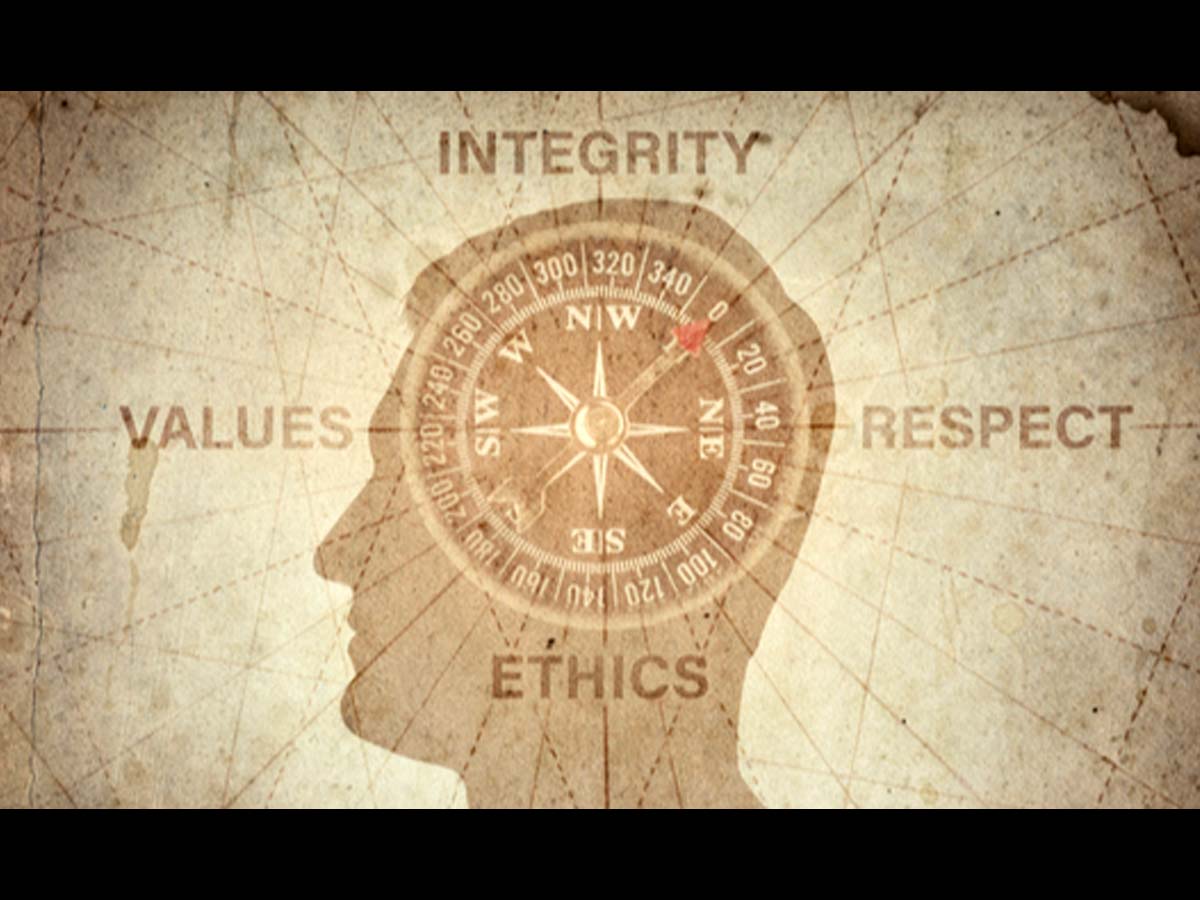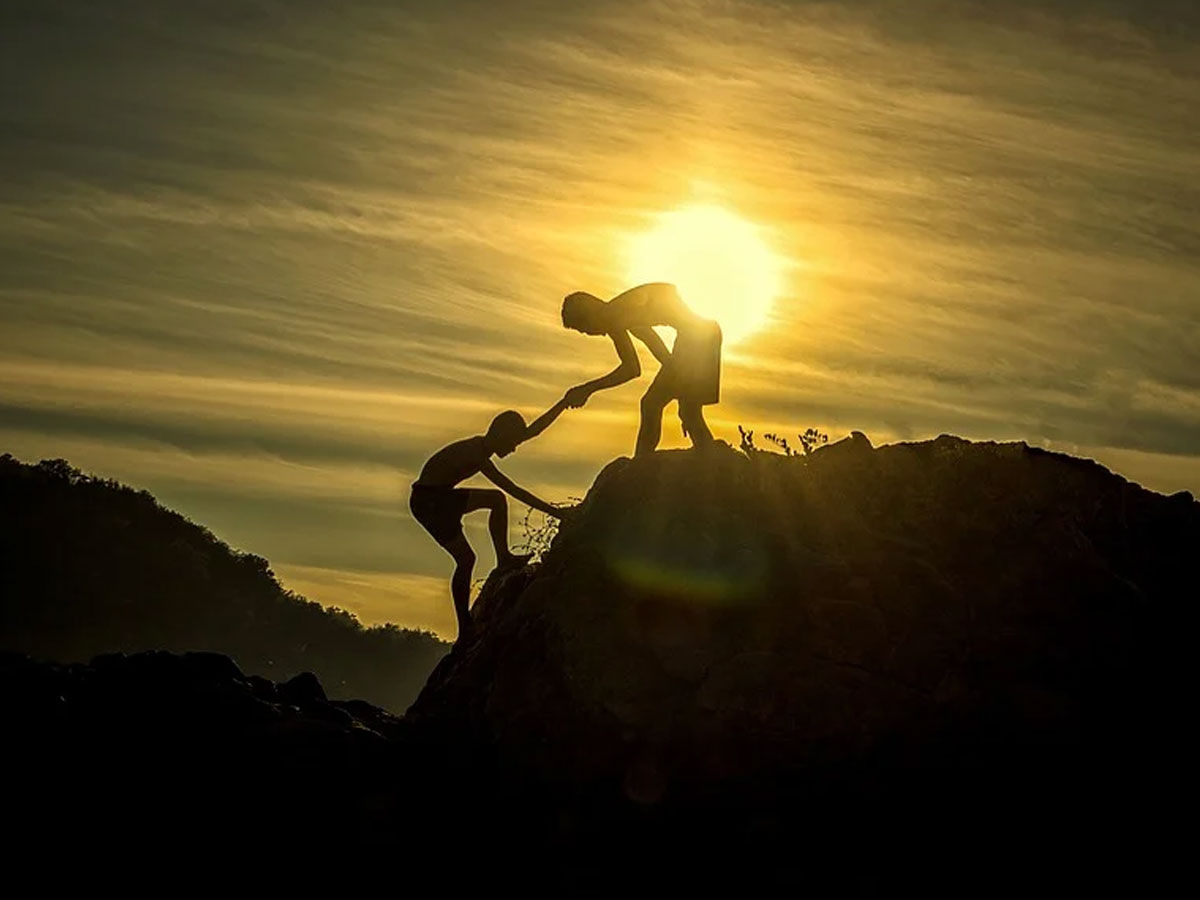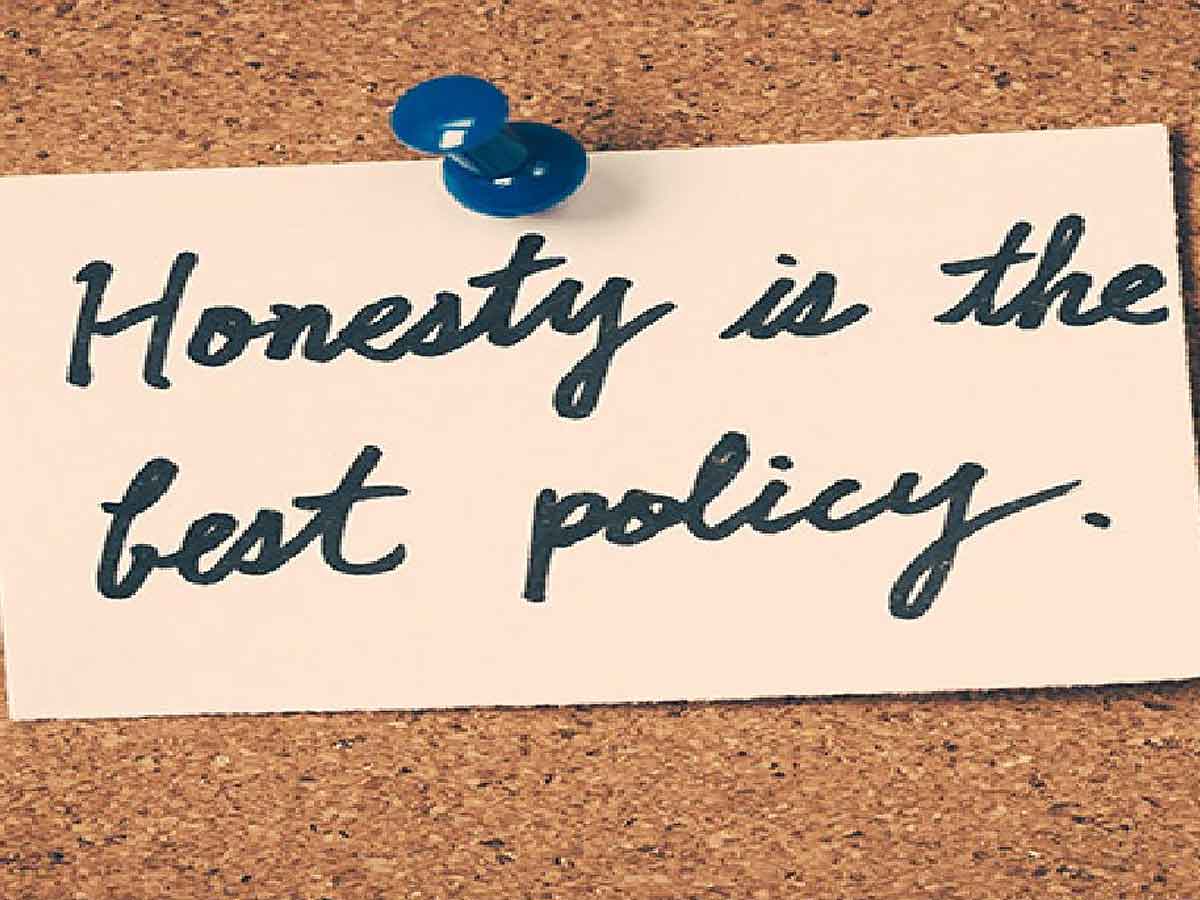Morality is an art of enhancing happiness; it can be seen from the presence of all people’s happy and joyful lives.
Morals are the laws that people use when they cannot discriminate between right or wrong to direct their actions and thoughts.
Moral values are relative values that safeguard life and respect the dual values of self and others in life. Great moral principles, such as truth, liberty, honesty, justice, kindness, politeness, reverence, virtues, perseverance, dignity, knowledge of one’s responsibilities, charity, compassion, etc., have one thing in common when they perform well, saving a life or improving life for all. They’re all relative values, though.

To ensure that they still conduct their lives to protect the mission, our relative moral principles must be continually checked. After that comes the morality of a human. A moral person understands the distinction between right and wrong and chooses the right path. An individual whose morality is seen in his willingness, even if it is difficult or risky, to do the right thing chooses to be ethical. Morality, like all others, protects life and is tolerant of others. It is a way of life that is consistent with the fundamental ideals of mankind.
A blazing problem at present is the erosion of moral standards among the young generation. In the growing trend among adults, youth, and children, activities and acts denoting immorality such as rape, sexual harassment, stealing, substance abuse, school violence, mob lynching, killing, etc., are on the rise. Many problems and evils in Indian society have been followed by numerous developments, such as rapid modernization, industrialization, urbanization, globalization, overly materialistic lifestyles, and the influence of Western culture, causing deteriorating ethical standards in the Indian education system. The less law and morality are achieved, the more society becomes divided.

Increasing labour specialization, racial diversity within society, and the diminishing and decreasing impact of religious values are factors affecting the breakdown between law and morality. If values are not taught, the children will make choices based on immediate and desired needs, and based on emotions, not on good judgement, and even if it is incorrect, they will take the short cut and easy road.
Whenever moral principles are taught, they will be guided in their decision-making and they will solve problems. Moral education, which our policymakers abandoned from our education system several decades ago, is very necessary and it takes time to repeal it again, given the large-scale moral decay, especially among young people of the present generation, as it teaches inclusion, tolerance, mutuality and multicultural values. Moral values are concepts that communicate ideas about a decent life.
As such, the field of moral education is concerned with moral values, such as integrity, duty, and respect for others. Parents are accountable for their children’s spiritual education because, first of all, it is their moral obligation. Next comes the role of teachers and the community. But as a rule, they are used to leaving it to school, to teachers, because it gives them the power to blame, which is not right. The first step in education and education should be for parents and no one else. In order to become a citizen with higher moral ethics in the future, parents should motivate and inculcate their children to read popular books and sayings about moral values and apply them in their lives.

Reading holy books of various religions, many great sayings of famous sages such as Swami Vivekananda, Thiruvalluvar, Ramakrishna Paramhansa, Rishi Aurobindo, and others will direct children in choosing the right path and correct decision-making. In this respect, one of the oldest books is Hitopadesha. This is an Indian text consisting of fables with animal and human characters in the Sanskrit language. In short, dignified language combines imperatives, worldly wisdom and guidance on political affairs and the work has been widely translated. There’s nothing known about its sources.
Hitopadesha was translated into English by Sir Edwin Arnold in 1861. Mahatma Gandhi’s famous autobiography, The Story of My Experiments with Reality, is another book covering his life from early childhood through to 1921. In 1999, the book was designated by a committee of global spiritual and religious authorities as one of the “100 best spiritual books of the 20th century.” through the book “The Art of Happiness,” the famous Tibetan spiritual leader Dalai Lama offers his perspective on living a happier life. To demonstrate his thoughts, many case histories and personal anecdotes have been presented.




























